Årsmøtet er Etisk handel Norges øverste myndighet. Alle medlemmer er velkommen til årsmøte torsdag 29. april kl. 13.00-15.00
Påmeldingsfrist 27. april. Meld deg på HER.
Program:
Kl 13.00-13.05 Velkommen ved styreleder Ingvill Størksen
Kl 13.10-13.50. Hvordan oppfylle etisk handel krav fra marked og myndigheter? Ved fagdirektør Kristel Tonstad
Rettsutviklingen knyttet til ansvarlig næringsliv skyter fart. I Norge arbeides det med Etikkinformasjonsutvalgets forslag til en åpenhetslov. Stortinget har akkurat vedtatt endringer i rapporteringskravene om samfunnsansvar i regnskapsloven. Det kommer nye opplysningskrav som følge av EUs taksonomi for bærekraftig finans. EU arbeider også med nye krav til aktsomhetsvurderinger og rapportering om menneskerettigheter og miljø. Hva er kjernen i rettsutviklingen i Norge og i EU, hvordan henger det hele sammen, og hvordan kan virksomheter være godt rustet for å møte nye krav? Kristel Tonstad vil innlede om rettsutviklingen knyttet til ansvarlig næringsliv i Norge og EU, og medlemmer oppfordres til å stille spørsmål og kommentere.
Tonstad er fagdirektør i Norges OECD-kontaktpunkt for ansvarlig næringsliv og var sekretariatsleder for Etikkinformasjonsutvalget (2018 – 19).

Norges OECD-kontaktpunkt for ansvarlig næringsliv
Kl 14.00-15.00 formelt årsmøte – saksdokumenter sendes ut senest 15. april
Påmeldingsfrist 27. april. Meld deg på HER.
Årsmøte foregår på Teams. Lenke til møte blir sendt dagen før møte.

Påmeldingsfrist 27. april. Meld deg på HER.
Dagsorden:
SAK 1 Registrering av deltakere
SAK 2 Godkjenning av innkalling og dagsorden
SAK 3 Valg av to personer til å undertegne protokoll
SAK 4 Godkjenning av styrets årsberetning og revidert regnskap for 2020
SAK 5 Andre innkomne forslag
Det var ikke meldt inn noen saker
SAK 6 Valgkomiteens innstillinger til valg av styrets leder, styre- og varamedlemmer
SAK 7 Valg av revisor (vedlagt)
SAK 8 Valg av valgkomité (vedlegg ettersendes)

